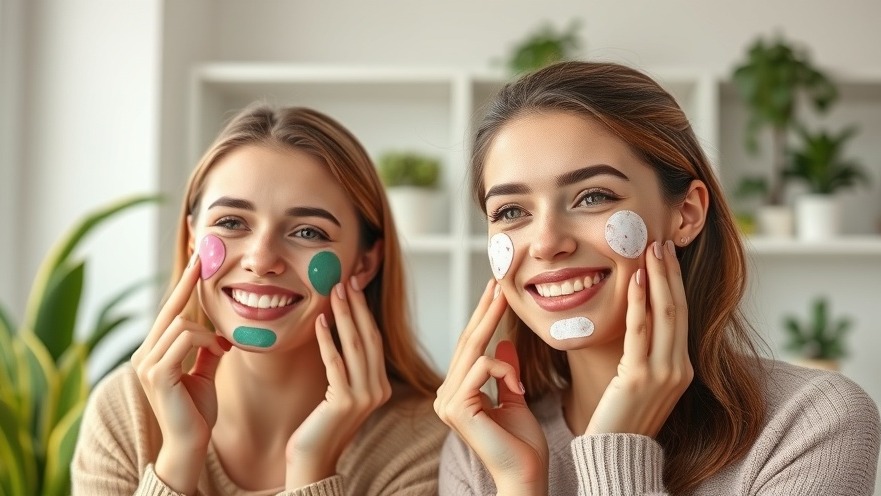
Understanding Wellness Washing: A Modern Dilemma
In today's market, where health trends are mixed with consumerism, a phenomenon known as wellness washing is causing confusion among consumers. It's a term that describes how companies capitalize on the wellness movement while delivering hollow promises through misleading marketing strategies. Instead of making genuine lifestyle changes, many people are drawn to products that ultimately do more harm than good.
The Allure of Wellness Influencers
Wellness influencers play a significant role in shaping our understanding of health. Their social media feeds are filled with enticing images and messaging that glorify the latest health fads, often pushing products and performance trends that promise to transform our well-being. While some of these trends might seem harmless, they can distract from the true essence of wellness, which lies in authentic, supportive practices. True wellness should focus on mental, physical, and emotional well-being, rather than the superficial dynamics of social media.
How Marketing Tricks Us
The marketing strategies used to promote wellness products often use complex buzzwords and imagery that create false perceptions of health and healing. This deluge of information can overwhelm consumers, leading them to trust products that may not be effective or necessary. In contrast, authentic wellness strategies can be simple and derived from our daily habits—such as balanced nutrition, quality sleep, and mindfulness practices—making it crucial for people to discern between gimmicks and genuine advice.
Health Trends That Are Here to Stay
As we navigate the complexities of wellness, several trends stand out as beneficial and practical. Practices such as yoga, meditation, and a balanced diet remain tried and true for improving overall well-being. The rise of sustainable living practices focuses on the connection between health and environmental responsibility as we recognize that well-being is more than just physical health; it's about creating a harmonious relationship with ourselves and the planet.
Rethinking Wellness: Moving Beyond Products
The true value of wellness lies in access to knowledge, the community, and support systems rather than material possessions. This means prioritizing mental health awareness, simplifying our wellness routines, and exploring local resources that promote healing and support.
Knowing the Difference: Tools and Tips
To combat the influence of wellness washing, it is essential for consumers to educate themselves about the signs of misleading marketing. Look for reputable sources when researching health products and practices. Engaging in community discussions, attending workshops, and seeking guidance from healthcare professionals can also help navigate the often murky waters of wellness claims.
What Consumers Can Do
Educating oneself on authentic wellness practices and supporting businesses that prioritize genuine health and sustainability over profit can create a ripple effect, turning the tide against the harmful influence of wellness washing. By advocating for transparency and supporting practices that foster true well-being, consumers become part of a larger movement towards mindful living.
This growing awareness can empower individuals to make informed choices about their health and wellness journeys, ensuring that everyone has access to the tools they need to thrive.
Let’s take the initiative! Begin by evaluating the wellness trends you follow and see how they really support your overall well-being. Engaging in conversations about authenticity in wellness not only helps oneself but also contributes to a community that values genuine health.
 Add Row
Add Row  Add
Add 




Write A Comment